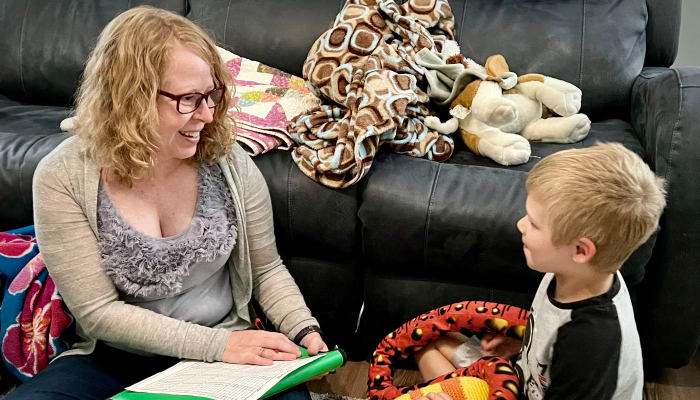By Guest Blogger Julie Casey, M.A., CCC-SLP
Speech-language services from public schools vs. a private company like SpeakEasy Therapy: Is it apples to apples or apples to oranges? It is reasonable for parents to conclude that speech-language services would be the same, but that is not always the case.
Online parent forums often advise parents seeking speech-language services to “Try the school system! It’s free!” or “That company who screened your child at the daycare is just trying to gain more kids!” Public schools and SpeakEasy Therapy have many similarities, but the “apples to oranges” differences may make one a better fit for your family than the other.
Role of a Speech-Language Pathologist (SLPs)
Both public schools and SpeakEasy Therapy employ speech-language pathologists (SLPs) with masters’ degrees in the field, Certificates of Clinical Competence from the American Hearing and Speech Association, and active licensure from the NC Board of Examiners. They also both provide background checks on employees, require ongoing continuing education in the field, and provide written evaluation reports, plans of care, and progress reports to define services provided. The quality of the services received in either location depends on the heart of the individual SLP to make the sessions as fun, play-based, and engaging as possible. All SLPs are trained to provide services treating articulation (speech sound) skills, receptive (how a child understands) and expressive (how a child expresses thoughts and needs) language skills, fluency (stuttering) skills, and voice (hoarseness/nasality) skills.
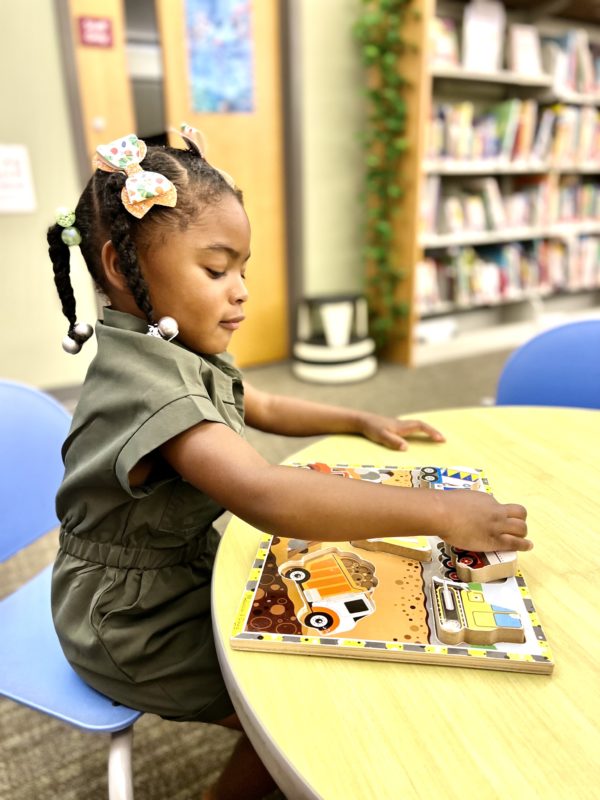
What is the Speech-Language Evaluation and Service Like in Public Schools?
The “apples to oranges” distinctions between public schools and SpeakEasy Therapy may help you to determine the best speech-language evaluation direction for your family. Public schools have governmental funding for a screening process, and potential evaluation and therapy for a child identified as meeting the qualifications for services. These services are available to children ages 3 to 21 years old and have no out-of-pocket cost to families.
By law, teachers or parents may make a referral for the child. But it is a committee decision of at least three school personnel that determines if a speech-language evaluation is needed. This starts a 90-day period for conducting assessments and ends in a subsequent committee decision to determine if the governmental requirements are met for eligibility for speech therapy.
For a child to receive speech therapy from the public schools, the committee must determine that the child’s speech-language skills are creating a “negative impact” on the child’s academic or social functioning within the school setting only. If a child has a simple vowel + /r/ difference, they may not be able to receive therapy. Or, if the committee determines that the child’s speech-language skills match their ability level, speech-language services may be discontinued.
Typically, public school speech therapy is provided in group sessions, with individual sessions as the exception, and often extends over multi-year placements.
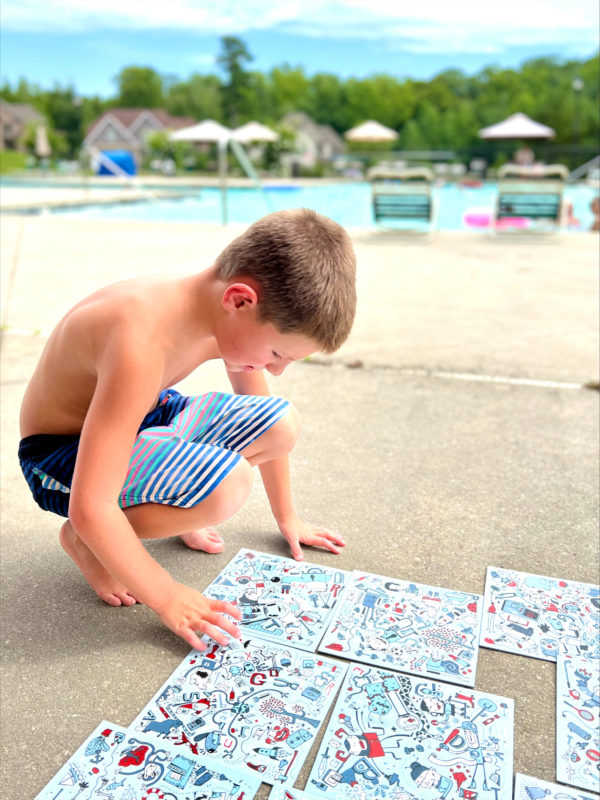
How Does SpeakEasy Therapy Differ from Public Schools?
SpeakEasy Therapy approaches the need for services from a medical necessity standpoint based on the payor source (i.e., private insurance or Medicaid) or parents’ concerns (i.e., self-pay). Most current research of speech-language development is considered as the eligibility standard and therapy emphasis is on an improved ability for environmental functioning rather than just academic functioning.
Parent meetings are available but not mandatory, and SpeakEasy Therapy parents receive texts, chats, notes, or pictures after each session. Once eligibility for therapy is determined, the parent and SpeakEasy SLP create goals, and establish frequency of services, duration, and location of services.
Therapy may begin as rapidly as a week post-evaluation and may take place in your child’s most natural environment: the classroom, the home, or even the neighborhood pool! All SpeakEasy Therapy sessions are provided on an individual basis with no time lost for classroom interruptions such as field trips, school plays, or holiday parties. SpeakEasy Therapy has found that most children in our practice tend to gain age-appropriate skills within a year or less once therapy begins.
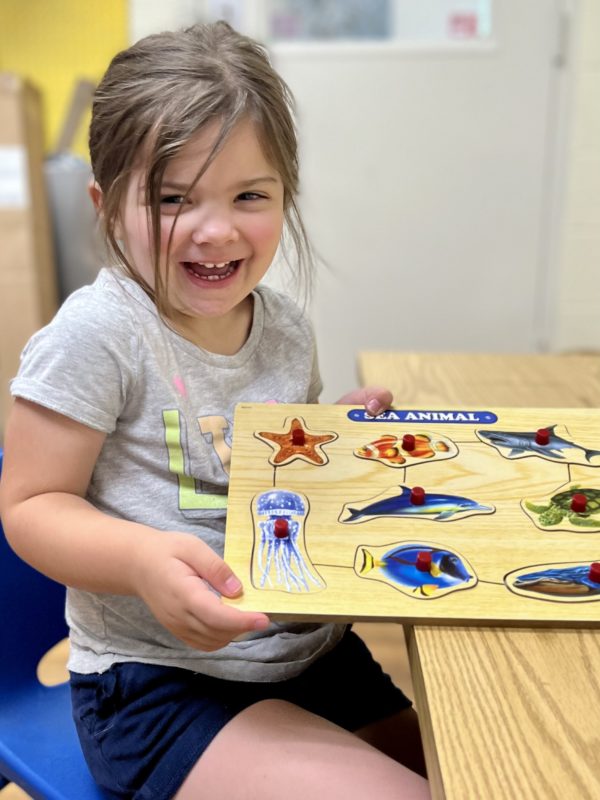
Help Your Child by Selecting Your Speech-Language Fruit Today!
Whether a family wants a more academically-based speech therapy program or one that is more tailored to the family’s desires and functional needs, there is a program out there for your child! It may be “apples to oranges,” but both speech-language fruits are delicious!
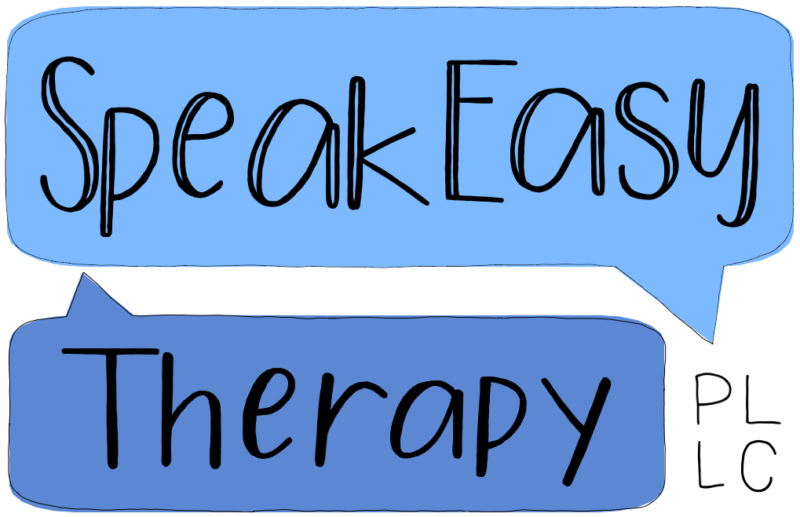
SpeakEasy Therapy, PLLC has been in operation for twelve years and Julie Casey, Owner and Speech Pathologist, has been certified and practicing for twenty-five years. SpeakEasy Therapy, PLLC speech pathologists are member of the American Speech-Language-Hearing Association (ASHA) and hold active licensure from the NC Board of Examiners for Speech and Language Pathologists and Audiologists. To learn more, visit their Facebook page or contact Julie Casey directly at (336) 946-2493 or info@speakeasytx.com.
*Sponsored by SpeakEasy Therapy PLLC

